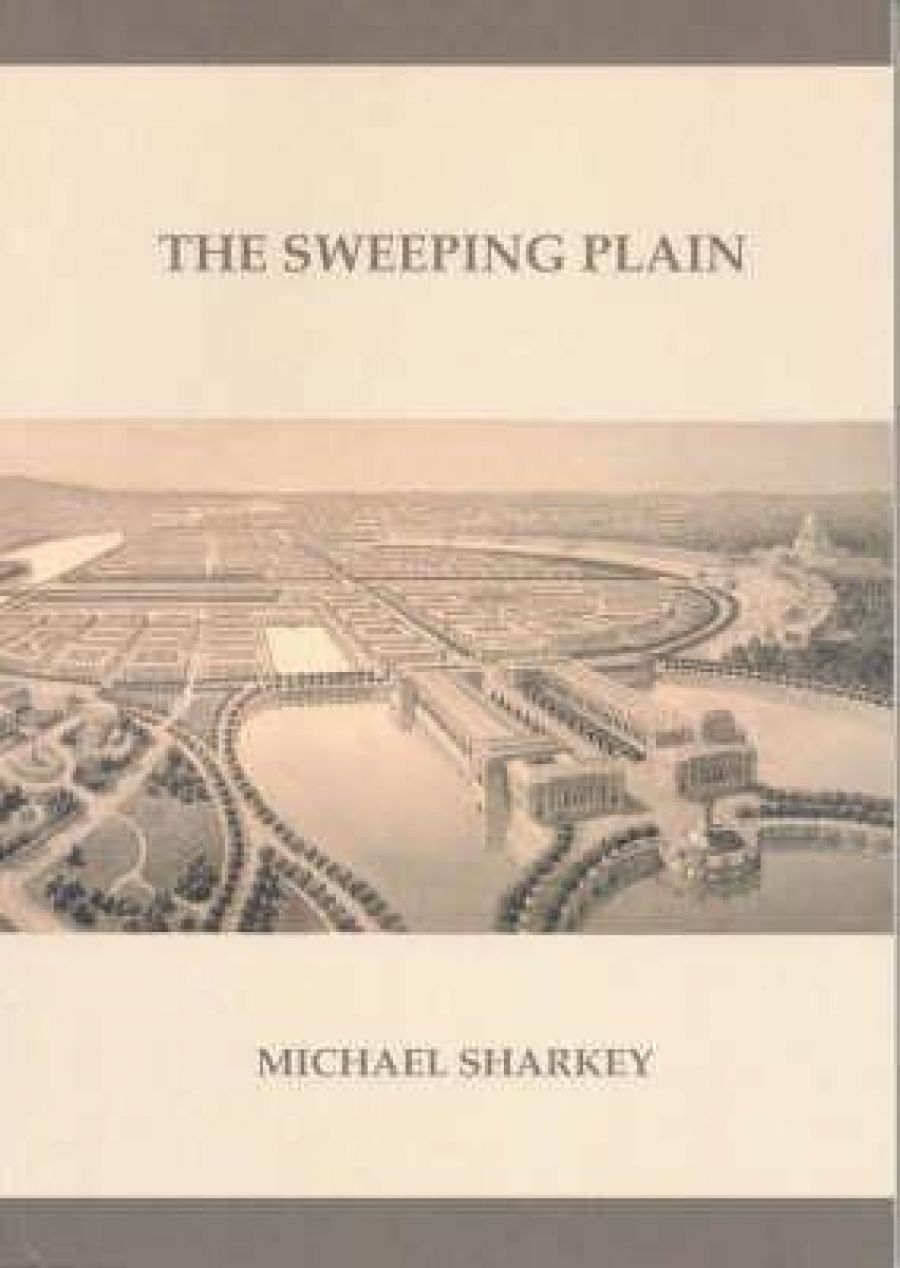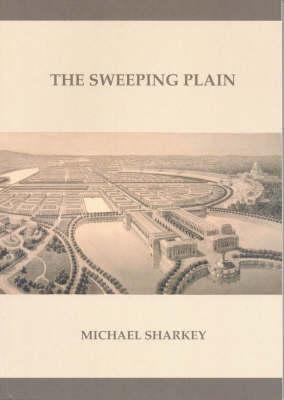
- Free Article: No
- Contents Category: Poetry
- Review Article: Yes
- Article Title: Andrew Burns reviews "The Sweeping Plain" by Michael Sharkey
- Online Only: No
- Custom Highlight Text:
The title poem of Michael Sharkey’s The Sweeping Plain – his first book of poetry since the retrospective History: Selected Poems 1978–2000 (2002) – is a polemic against politically conservative suburbia. The poem portrays a desert-like ‘sweeping plain’ of insularity, never-ending and utterly homogenous: ‘They look at others like themselves / in their home entertainment centres, / knowing answers to such questions as the names / of others living in that world.’ It is a pacey and rhythmic poem, with some surprising turns of imagery. The tone is measured rather than overly rhetorical, but it’s certainly not a new idea.
- Book 1 Title: The Sweeping Plain
- Book 1 Biblio: Five Island Press, $21.95 pb, 84 pp
- Book 1 Cover Small (400 x 600):

- Book 1 Cover (800 x 1200):

More interesting is the two-poem sequence ‘Imaginary Countries’, an exploration of artistic licence in literary fantasy lands. The second poem in the sequence looks at how, ironically, ‘real life’ is idealised by artists. Another sequence, entitled ‘The Nations’, seeks to defamiliarise national stereotypes: ‘These people speak a language not unlike ours / and the national dish is cod.’ Then there are ten pages of short meditations on silence which seek the sublime in everything from the domestic to the metaphysical: a few lines on ‘appalling manners’ are placed alongside a couplet on the ‘silence of phenomenon’ (‘How is it that we recognise our life / In every single word we read?’). There are fifty-four of these meditations in total. Read as a single poem, they leave the reader satisfied that the theme has been exhausted. Some of these images may have been better as discrete poems; in others, the umbrella theme is too heavily relied upon to fend off triviality.
Other reviewers have suggested that Sharkey’s work could do with some ‘tightening up’; this reviewer would give the poet the benefit of the doubt, and argue that this is the voice of a poet trying not to complicate things and keen to avoid pretension.


Comments powered by CComment